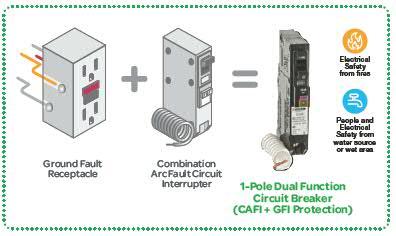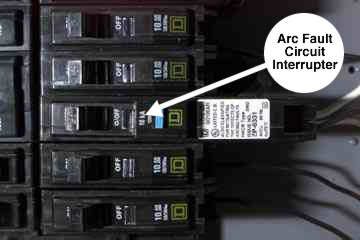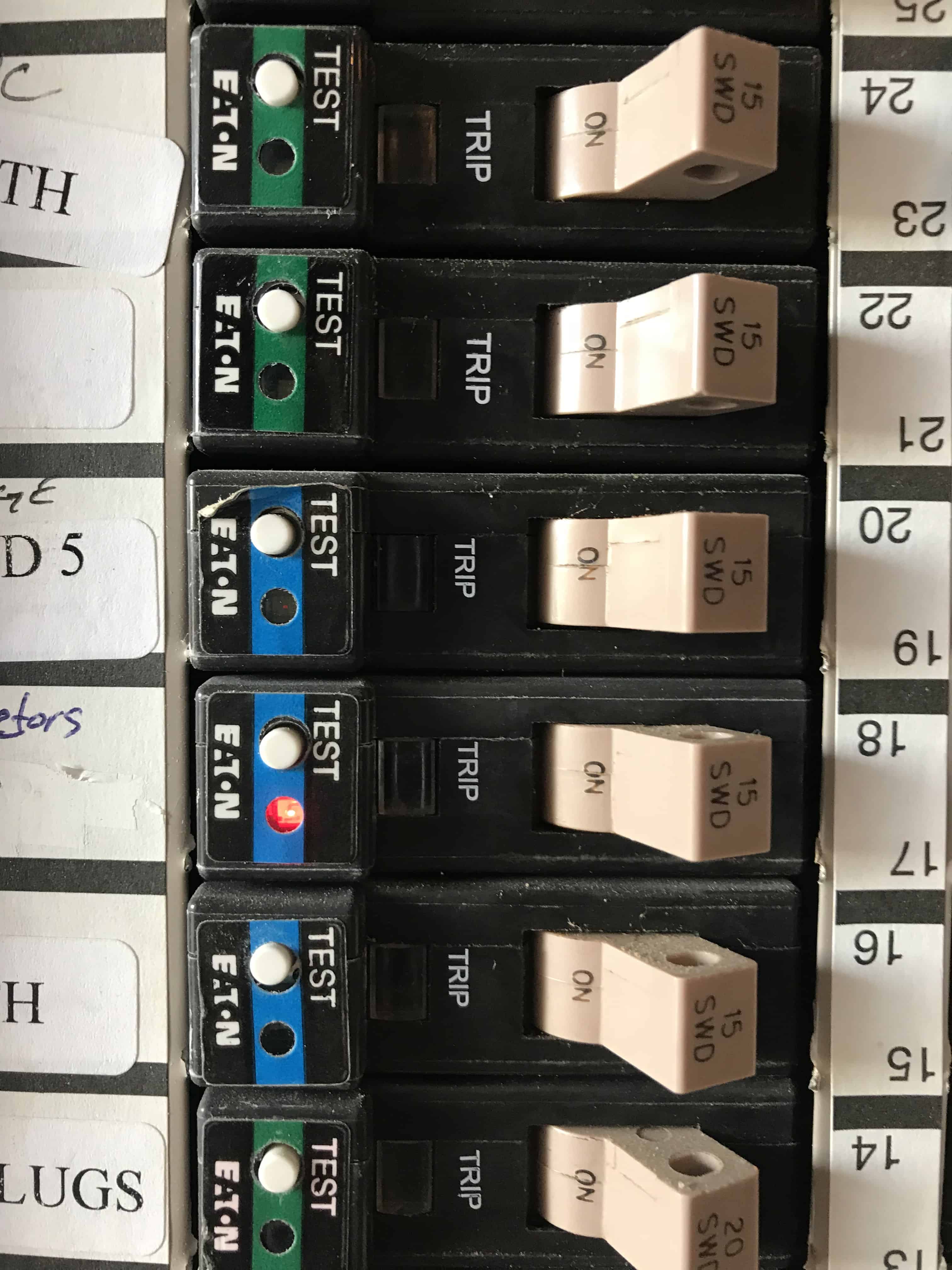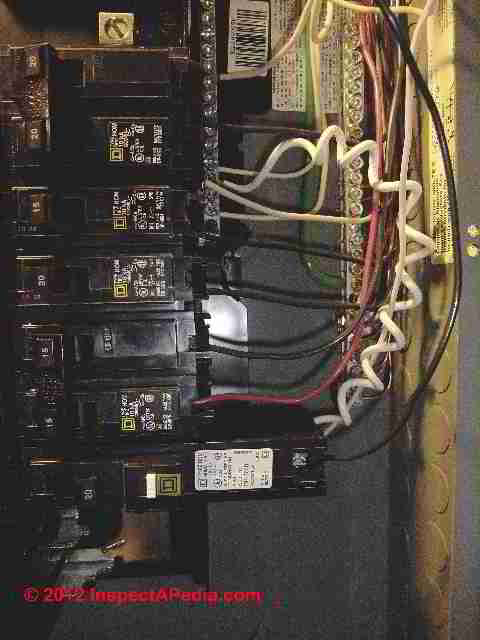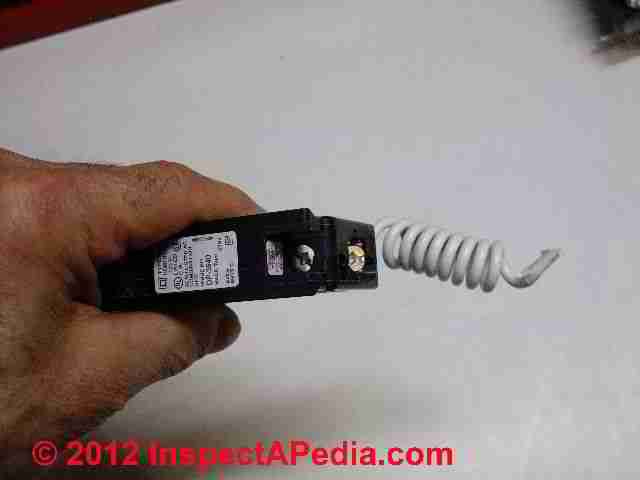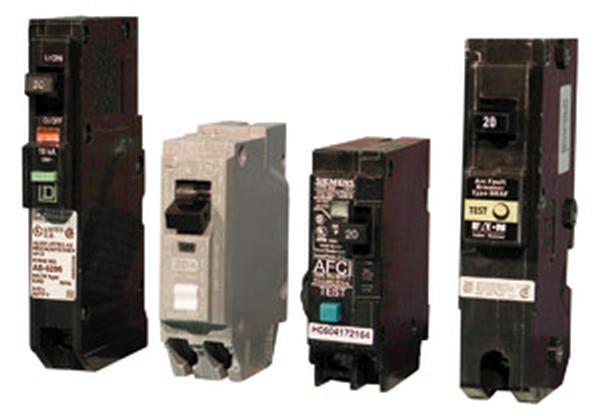An arc fault circuit interrupter afci also known as an arc fault detection device afdd is a circuit breaker that breaks the circuit when it detects an electric arc in the circuit it protects to prevent electrical fires.
Arc flash circuit breaker definition.
When a severe enough arc flash occurs the overcurrent protective device fuse or circuit breaker upstream of the fault interrupts the current.
Precautions must usually be used when switching circuit breakers such as standing off to the side while switching to keep the body out of the way wearing protective clothing or turning off equipment circuits and panels downline prior.
An arc flash hazard may exist when energized electrical conductors or circuit parts are exposed or when they are within equipment in a guarded or enclosed condition provided a person is interacting with the equipment in such a manner that could cause an electric arc.
The amount of incident energy a worker may be exposed to during an arc flash is directly proportional to the total clearing ampere squared seconds i 2 t of the overcurrent protective device during the fault.
A combination arc fault circuit breaker is not equivalent to a dual function circuit breaker.
An afci selectively distinguishes between a harmless arc incidental to normal operation of switches plugs and brushed motors and a potentially dangerous arc that can.
Once an arc flash begins in a breaker it can quickly migrate from a single circuit to the busbars of the panel itself allowing very high energies to flow.

